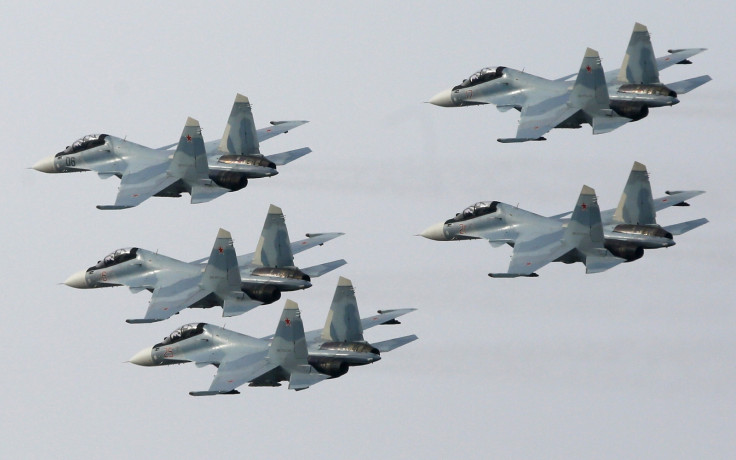France-Russia Warship Deal under Spotlight after Nato Reports Moscow's Increased Air Activity

France's Mistral warship deal with Russia has been put under the spotlight yet again as Nato reports unusual increase in Moscow's air activity in Europe in the last few days, sharply increasing tensions.
Though Russia has reportedly expressed confidence the deal - according to which the first of two helicopter carriers will be headed to Russia in November - will go ahead as scheduled, Paris remains reluctant.
"If the political conditions do not change I can't imagine the delivery being authorised. The French president will make his decision at the moment of delivery," French Defence Minister Jean-Yves le Drian said.
The $1.6 billion-worth deal was inked in 2011 when Nicolas Sarkozy was in power and ever since France's western allies have been heaping pressure to call off the deal. The relations between Russia and the West are at its worst since the Cold War era, primarily due to the Ukraine crisis.
Some of France's western partners fear the state-of-the-art assault ships are bound to strengthen Russia militarily when Moscow is carrying on with its show of defence force.
Russia has however threatened to seek heavy damages, which is likely to be a multi-million-euro penalty, from France if the delivery is either suspended or cancelled.
"From the point of view of the technical fulfilment of the contract, everything is going to plan ... As concerns the political decision, we think that France has to defend its reputation as a reliable partner," Russian news outlets quoted Deputy Prime Minister Dmitry Rogozin as saying.
The first warship is said to be in waiting at the Saint Nazaire shipyard from where it would be transferred to Russia. However, French authorities are tight-lipped about the schedule.
The warship deal has come under scrutiny after Nato detected an unusual increase in Russia's aerial activities in international airspace above Europe.
"We're raising it as an unusual level of activity. The flights we've seen in the last 24 hours, the size of those flights and some of the flight plans are definitely unusual," said Lieutenant Colonel Jay Janzen, a spokesman for Nato's military command in Mons, Belgium.
According to the alliance, the Russian fleet comprising fighters, nuclear bombers, and tankers in four groups have made manoeuvres. Some of the jets did not file the flight plans as required with their transponders switched off - meaning the civilian aircraft could not detect them, potentially creating a risk.
© Copyright IBTimes 2025. All rights reserved.





















